Diplomacy, distrust and the last-minute hiccup that almost sank the Assange deal
After more than a year of quiet diplomacy, the whole deal on the criminal espionage case against Julian Assange almost collapsed because of mistrust between Assange and American authorities.
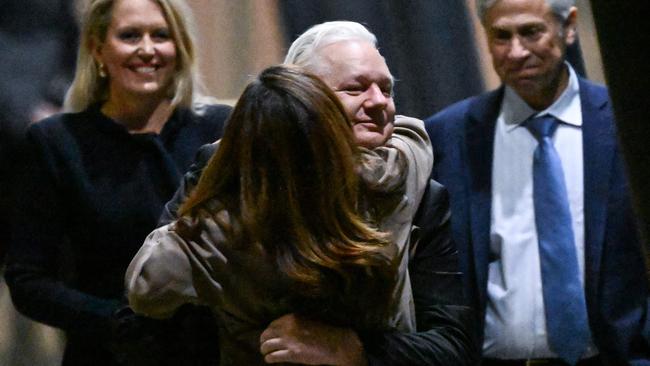
After more than a year of quiet diplomacy, the whole deal on the criminal espionage case against Julian Assange, founder of WikiLeaks, almost collapsed at the last minute because of mutual mistrust between Assange and the American justice authorities.
Simultaneously, there was a threat from London because Britain’s prosecution service feared it would be held responsible if the Australian charged with espionage against the US, held in an English prison, did “a runner” after being released from the British justice system.
There had been the key change in negotiations of Assange’s legal team and the US Department of Justice agreeing to talk directly about a settlement but the execution of the deal was under threat.
It was here that the legal and symbolic involvement of Australia’s two top diplomats – UK high commissioner Stephen Smith and Australian ambassador in Washington Kevin Rudd – became essential to the finalisation of the deal in the last days.
Smith, a former foreign affairs and defence minister who had been critical of Assange’s actions, had to act legally as a “bailiff” signing a legal agreement that he would “hold” Assange’s passport and “accompany” him to a US jurisdiction as well as take responsibility if he failed to appear.
Rudd, a former prime minister and foreign minister who had been embarrassed by WikiLeaks exposures, had to agree to be on American soil – Saipan in the Mariana Islands – to meet and greet Assange, appear in the court and then accompany him on the plane to Australia.
These last-minute conditions had to be met to ensure the plea deal ended years of Assange’s imprisonment in connection to extradition orders in Britain.
Smith didn’t have to handcuff himself to Assange and Rudd didn’t have to act as a hostage but the effect was the same.
Assange was able to demand Australia provide its top diplomats, who had been working for his release for more than a year, to accompany him on a 40-hour charter plane odyssey.
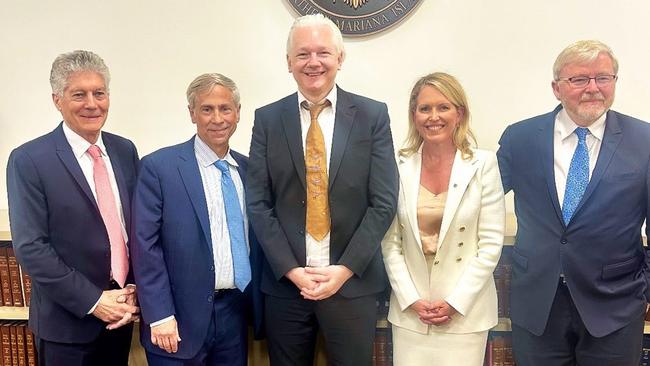
Both Smith and Rudd had an antagonistic relationship with Assange in their previous lives – Smith was highly critical of the leaking of thousands of secret documents that threatened the lives of allied forces – but both had spent the past year in London and Washington seeking to get a resolution of what Rudd described on Friday as an irritant in the US-Australia relationship.
All sides feared the Assange issues was developing a momentum that would damage the priority AUKUS nuclear-powered submarine and intelligence relationship between the three nations and antagonise the Labor left against the US.
There were concerns that if anything happened to the Australian citizen while in a British prison fighting US extradition charges, there would be serious damage to all AUKUS partners.
Assange. however, refused to set foot on mainland US territory and the US Department of Justice refused to allow him to appear in a Covid-style virtual court to submit his plea bargain.
No side trusted the other or wanted to take responsibility for Assange escaping judgment, not appearing for a real US court judgment or a reneging on a solemn undertaking to meet the plea bargain of treating Assange’s years in prison as satisfying the sentence for espionage.
Britain did not want to run the risk of letting Assange free and then not agreeing to face US justice; Assange did not want to risk the US reneging on its deal and putting him in jail; and the US did not want Assange to avoid a physical appearance in a US court.
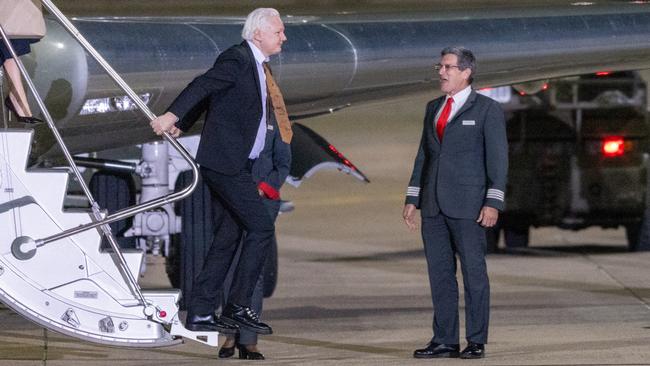
There was also the growing electoral pressures of a general election in Britain, a US presidential election in November and an Australian election having to be called with nine months.
It was here that Smith, who had worked to establish a relationship with Assange in the past year or more, and Rudd, who pestered US officials with prime ministerial endorsement, built on their previous work to save the deal that was so threatened at the last moment.
In London, at a closed court session last week, Smith had to agree with British prosecution authorities to sign as Assange’s guarantee for his release from London’s Belmarsh prison; agree to accompany him out of British territory at Stansted airport; and “hold” Assange’s passport and travel documents until the chartered plane arrived in Saipan.
While Smith had no legal right to act as a sheriff’s officer and compel Assange to get on the plane or to control his passport, British authorities accepted the deal to “accompany” him and to “hold” the passport and visas.
Then Rudd, as Australia’s US ambassador, had to agree to meet the plane on US soil, with Smith and Assange on board, and work out the due diligence of organising the trip from the airport to a hotel, to the US court and then back to the airport for a departure to Australia.
For the two diplomats, working at the highest levels as political appointees, it was about quiet diplomacy; for Anthony Albanese, there was an irresistible attraction to claim a victory for freedom that will be difficult to explain in the US and falls short of his treatment of Australian Defence personnel threatened and injured by dangerous Chinese naval actions.
In the Saipan court, there was no simple tick and flick but a rigorous test to ensure Assange was agreeing to the guilty plea and to justify that the four years spent in prison in Britain on the extradition process was the equivalent of time spent by others in the WikiLeaks espionage cases.
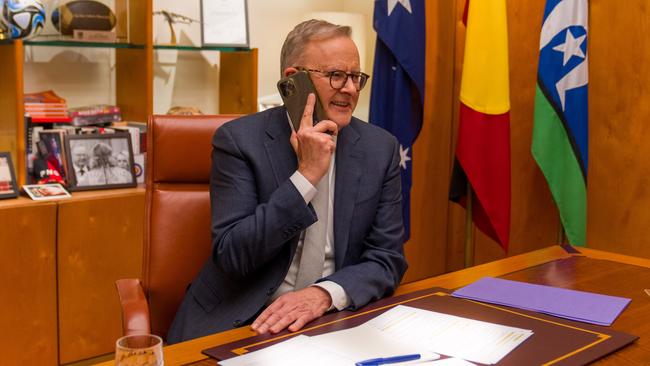
The US wanted to count the extradition period in jail – four years – not the seven years spent in self-imposed exile in the London Ecuadorean embassy avoiding sexual assault charges as the equivalent of punishment meted out to others.
While neither Smith nor Rudd had supported Assange previously, while they did not wish to spend days travelling on planes or appearing in public with Assange, and nor while they did not speak publicly without the support of the Department of Foreign Affairs – Rudd gave one interview, Smith none – they both worked for a settlement of the “irritant” and did not seek to make political points, despite claims they were seeking publicity.
Both have returned to Britain and the US, where they have to explain how the deal was done, why, and their involvement.
It is the Prime Minister who is faced with a backlash on his treatment of Assange as a returning hero who deserved a late-night press conference to announce his freedom and a first phone call from him as a welcome home without the same condemnation Smith, and Julia Gillard, delivered so many years ago as defence minister.


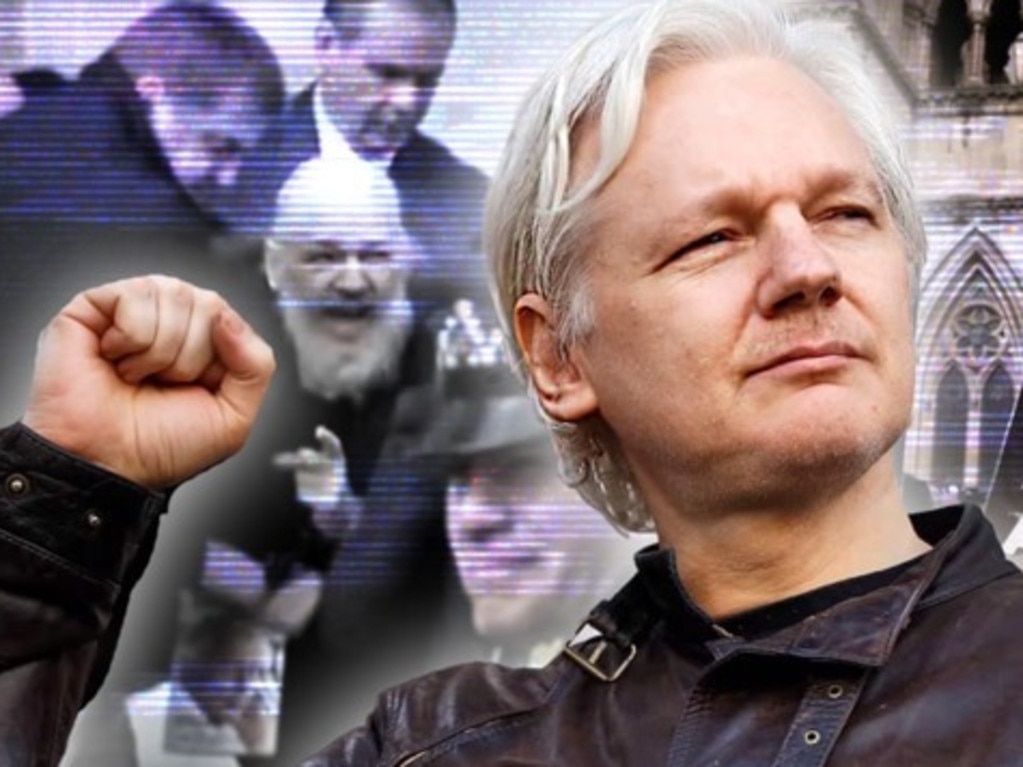




To join the conversation, please log in. Don't have an account? Register
Join the conversation, you are commenting as Logout